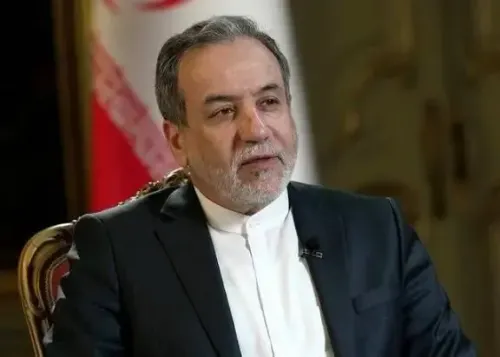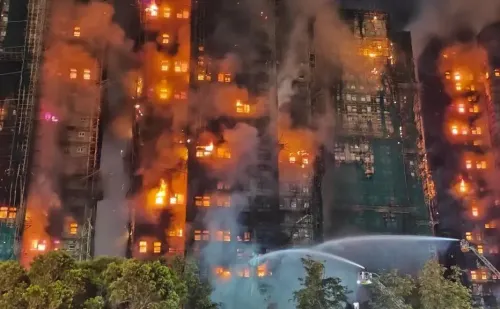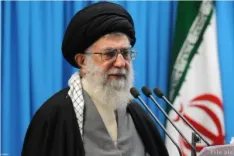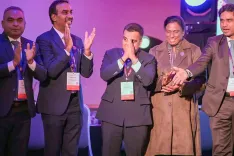Will the Supreme Court Protect Owners of End-of-Life Vehicles?
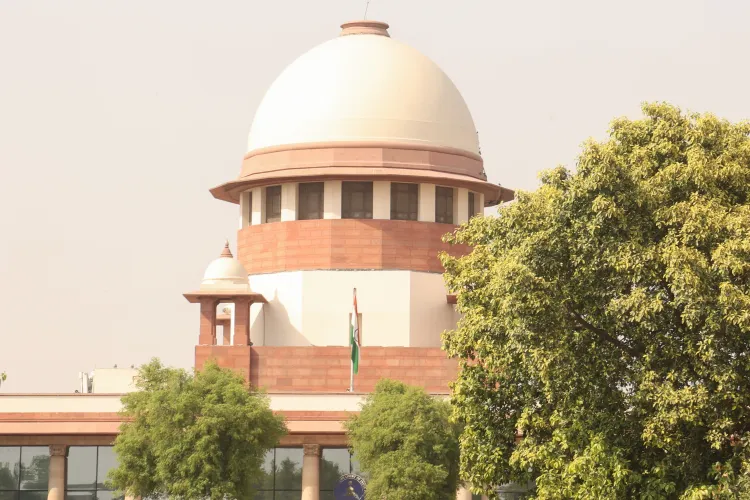
Synopsis
Key Takeaways
- Supreme Court issues interim order halting coercive actions against ELV owners.
- Diesel vehicles over 10 years and petrol vehicles over 15 years are affected.
- Delhi government advocates for a scientific study on environmental impacts.
- Proposal for an emission-based regulatory framework instead of age restrictions.
- Focus on differentiating between vehicle emissions and roadworthiness.
New Delhi, Aug 12 (NationPress) In a significant relief for the public, the Supreme Court issued an interim order on Tuesday, stating that no coercive measures should be enforced against owners of End-of-Life Vehicles (ELVs) — specifically, diesel vehicles exceeding 10 years and petrol vehicles surpassing 15 years — operating within the Delhi-NCR region.
A Bench led by Chief Justice of India (CJI) B.R. Gavai, along with Justices K. Vinod Chandran and N.V. Anjaria, was deliberating on a petition from the Delhi government that sought a reconsideration of the Supreme Court's 2018 ruling, which barred diesel vehicles older than 10 years and petrol vehicles older than 15 years from operating in the national capital and its neighboring areas.
During the proceedings, the CJI Gavai-led Bench issued a notice regarding the Delhi government's application, which must be responded to within four weeks. Meanwhile, they ordered that no coercive actions shall be taken against vehicle owners based solely on the age of their vehicles.
The city government's application urged the Supreme Court to instruct the Central government or the Commission for Air Quality Management (CAQM) to perform a detailed scientific analysis.
It argued that this study should evaluate the real environmental impact of the age-based vehicle ban and assess if such prohibitions genuinely contribute to improving air quality in the Delhi-NCR region.
The plea stressed the importance of reassessing the effectiveness, feasibility, and fairness of a blanket ban based on vehicle age.
Instead, the city government proposed a more nuanced, emission-based regulatory framework that considers individual vehicle emissions and roadworthiness, rather than exclusively relying on age as a disqualifying factor.
"The current regulations enforce collective compliance, failing to distinguish between heavily polluting and well-maintained, infrequently used vehicles," stated the Delhi government’s application.
It further urged the apex court to allow all fit and non-polluting vehicles to operate in Delhi without an age limitation—a rule already observed in the rest of the country. The city government highlighted that the current directive has imposed undue burdens on middle-class citizens who depend on such vehicles for essential transportation needs.
Additionally, it pointed out that BS-6 (Bharat Stage 6) vehicles, recognized for their cleaner emission standards, produce substantially fewer pollutants than their BS-4 counterparts. The Delhi government noted that many vehicles affected by the blanket ban are well-maintained, comply with emission standards, and are used sparingly, leading to minimal actual emissions.



